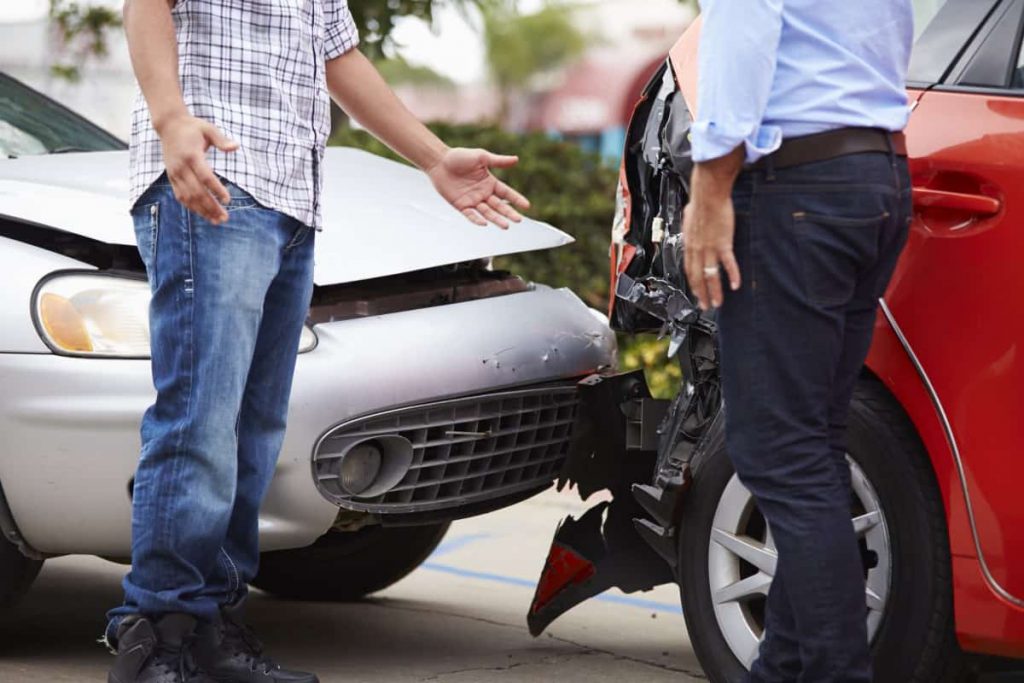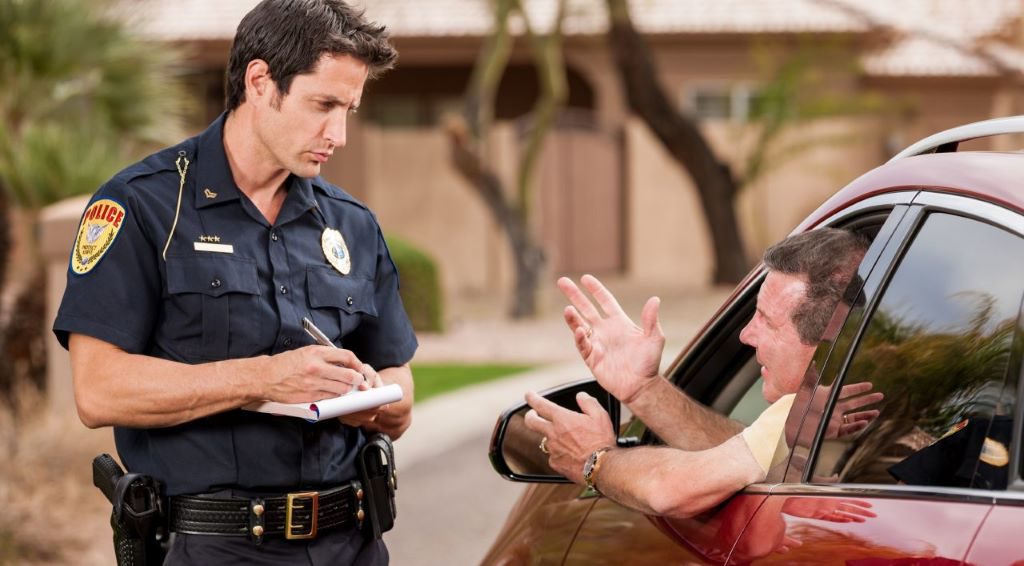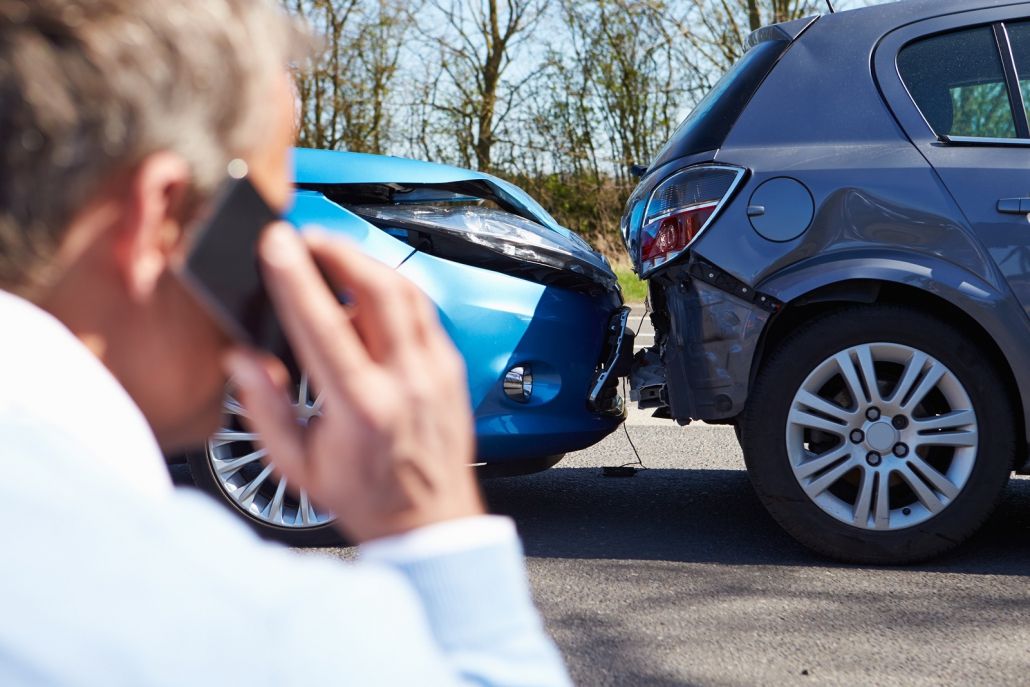To some extent, car accidents are exhausting and traumatizing, but they happen all the time, regardless of the reasons. It’s an unfortunate truth, as according to some reports, car accidents, on average, affect about 1.3 million people on roadways around the world yearly. Specifically, in the United States, it is estimated that there may be over 12 million cases each year. With the number shown above, we can see that the odds of you or any relative being caught in an accident and having to dispute the accident’s fault are always there. So here are our guides and notices on how to dispute a car accident fault effectively.
Overall, fault findings in car accidents where everybody involved is in confusion and worried will never be an easy task. In some cases, faults are easy to identify, just as when you stop for the red line and another vehicle crashes yours. However, in time, the drivers and the insurance company will be stuck in a blaming competition where no one settles for the results.
If the insurer believes you are the one causing the accident, you may have to deal with tons of troubles afterward, especially when there are injuries and damages. So to successfully execute the process and avoid dealing with severe stress if you are unfortunately getting into the problem, follow along to prepare carefully for any bad things that may happen in the future.
Contents
- What Is Fault After A Car Accident?
- Who Determines The Faults After A Car Accident?
- The Necessary Evidence To Determine Fault In A Car Accident
- How to Dispute a Car Accident Fault
- Protect yourself – Take pictures of the accident scene
- Contact your insurance agent
- Request to amend the police report
- Fight any accident-related ticket in court
- Check if you are in an error-free state
- Understand how drivers at fault can still be compensated
- Faults are not always an issue in the case of a car accident
- Disputing the accident may not be worth it
- Wrapping Up On How To Dispute A Car Accident Fault
What Is Fault After A Car Accident?
After a car accident, once car insurance companies are notified, an insurance agent will investigate the car accident and try to put together what happened and who might be at fault. That usually means:
- Talk to everyone involved in the accident and witnesses who may have seen any part of the crash, to piece together a story of how the crash happened.
- Inspect the vehicle to find out the nature, and extent of damage, and how those factors might inform fault identification.
- Examine documents (pictures of the crash scene, police reports, traffic citations, and medical treatment records) to see if they point to a potential cause of the crash.
Who Determines The Faults After A Car Accident?
The one who is at fault in a car accident can be determined by individuals and groups such as insurance companies or adjusters. The accident’s examiners can also be judges or courtroom juries if it tends to be a personal injury lawsuit.
Be aware, after you or someone reports a car accident, the insurance company will go through many ways, trying to gather testimony from the driver, passengers, and surrounding witnesses as fast as possible. In addition, they will promptly send an insurance-policy officer out to directly inspect damaged vehicles and take pictures on the scene. Then, once they believe they have understood and grasped the causes of the car accident, the insurance company will begin to attribute fault to one or more of the drivers involved.
The Necessary Evidence To Determine Fault In A Car Accident

The matter can be carried away with a lot of tension and trouble if the people involved do not know how to protect and stand their ground. By gathering evidence from multiple sources, with your sanity and understanding, you and your car accident attorney can put together the shattered pieces of the crash and prove you don’t have any fault.
Typically, the evidence that authorities use to determine fault in an accident is generally divided into two categories:
Physical evidence
While not limited to certain indexes or objects, basic physical evidence following a car crash typically includes:
- Debris, scattered pieces of vehicles
- Types of damage done to vehicles (pay attention to debris from major and strong impact points)
- Victim’s injury points
- Live images and footage from surveillance cameras
Witness testimony
Witness evidences include the statements of the following individuals involved in the accident:
- Drivers involved in the accident
- Those who witnessed the accident happen
- Doctors, or emergency personnel who have interacted or treated the victims
- Police officers responded to the scene
- Expert witnesses referred or known by an attorney, including investigators, accident reconstruction specialists, etc.
- A reputable car accident injury attorney knows how to gather appropriate and prompt evidence to determine fault.
>> See more: 6 Steps to Take Immediately Following a Car Accident
How to Dispute a Car Accident Fault
After a car crash occurs and insurance companies are notified, the policy adjuster investigates the collision to determine what happened, how it happened, and the extent of each party’s fault. Sometimes, the insurance adjuster can make the wrong decision, assuming that you are responsible for the accident when you know for sure that you are not.
Disputing to find fault is essential when you have been falsely accused. A false discovery can lead to unwarranted traffic citations, financial penalties, and denied insurance claims. In extreme cases, you may even find yourself facing criminal charges, fines, and possibly detention. But can you fight a buggy crash? The answer is yes.
Protect yourself – Take pictures of the accident scene
People always say a single picture is worth a thousand words. In the case of a car accident, these words are especially true. Although police investigators will likely take pictures of the accident scene, it is still a good idea to take pictures of the accident and the area where the accident occurred. Your image may contain the evidence you need to prove your side in an error dispute.
Immediately after the accident, you must obtain clear photographs of:
- Points affect all vehicles involved and any damages incurred
- The exact location of the cars after the collision
- Slips and debris on the road
- Traffic signs, signals, or road markings that the driver at fault did not pay attention to
- The place of the accident and the surrounding area
- Any injuries suffered by all parties involved (if applicable)
Other evidence you can use to prove another driver is at fault may include:
- Video footage from nearby traffic, doorbells, surveillance cameras, and CCTV
- Names and contact information of all witnesses available to testify
- Reports from observers, including passengers coming with you on the trips
- Police accident report
- Medical report or bill proving you got immediate medical attention (if you were injured)
Contact your insurance agent
You should contact your insurance company immediately. This is certainly something you can handle on your own, but it’s often better to have an attorney handle for you. It is essential to state your disagreement to their resolve as soon as possible.
Contact them by phone and in writing. Whether you choose to send an email or a letter, make sure your contact information includes the following:
- The statement you are not the one causing the accident
- Your honest account of what happened
- The specific information you are disputing
- Proof that the insurance company’s decision was wrong
Creating a record of your communications with the insurance company can be important in any future legal proceedings, so document and keep copies of all contacts you have with them, including phone calls (date, time, agent name, etc.), emails, chat logs, and letters. Be careful with what you send to the insurance company, as it will be a permanent part of the record they can use against you. If you are pursuing legal action of any kind, your accident attorney will need copies of all documents collected.
Request to amend the police report
If the police report documenting the accident contains incorrect or incomplete information, you should speak to the coroner to provide your story. You can ask the officer to correct a possible fact, question a transcription error, or address an omission by including your additional statement or another document as an addendum to the report.
If you believe a police officer made a mistake in issuing you a ticket on your part in the accident, you should contact the office to dispute the ticket. There’s a chance you’ll be fined, for example, in exchange for completing a safe driving course. If you have to go to court to contest your ticket, even if you don’t, your willingness to defend yourself in this way can show the insurance company that you will fight to protect your rights.

Check if you are in an error-free state
Liability disputes in a car crash can be a matter of contention in the no-fault state. In these states, regardless of who caused the accident, each prescribed auto accident victim receives compensation from the driver’s insurance company. An accident victim can only claim liability against the other driver if the damages caused by their injuries exceed a certain threshold.
As of 2022, the twelve error-free states are:
- New York
- Florida
- Michigan
- Hawaii
- Kansas
- Kentucky
- Massachusetts
- Minnesota
- North Dakota
- Pennsylvania
- Utah
Understand how drivers at fault can still be compensated
The fault for some auto accidents is not easy to identify, and in many cases, the driver may share some of the faults for traffic collisions. For example, if one driver is speeding and the other is texting during an accident, both are partially responsible.
In the no-fault state, because each driver collects compensation from their insurance company, even the at-fault driver can receive financial compensation from the insurance provider for accidents they cause.
Faults are not always an issue in the case of a car accident
It sounds strange, but it is the fault or responsibility or the answer to the question “Who caused the accident?” is not always such a matter in every type of car accident claim.
For example, in a no-fault auto insurance state, determining fault is not relevant for most auto accident injury claims. That’s because no-fault plans stipulate that a policyholder will first (and often only) collect compensation for any loss from the driver’s insurance company. Only in specific cases will the error come into play in the error-free state. Specifically, a claimant’s injury must meet a certain threshold for the claimant to be at fault and claim direct liability against the at-fault driver.
So, if you’re in a car accident in one of the dozens of no-fault states and another driver says you caused the accident, you probably have nothing to worry about after that. But keep in mind that since no-fault auto insurance rarely applies to vehicle damage claims, if you’re claiming damage (or total loss) to your car, accidental fault will likely be a factor in determining who will insure your losses.
Disputing the accident may not be worth it
If you’re found to be at fault in a car crash, it’s not the end of the world. Because your car insurance can back you up eventually. Your auto insurance rate may go up, but if there is enough coverage to cover any claims made by the other driver or yours, the dispute error detection may not make any sense. Learn more about what happens if you are at fault in a car accident.
But if you are seriously injured, or may not have enough insurance to cover all your losses, or you have experienced a great deal of pain and suffering following an accident, taking the time and resources to follow the fight.
>> Related post: 5 Mistakes to Avoid After a Car Accident
Wrapping Up On How To Dispute A Car Accident Fault
We have just gone through some notices on how to dispute a car accident fault. Hope that you have grasped some better insight on this issue to be well prepared for any time you are accidentally getting into a car accident. Good luck on your road trips.
For more accident-related issues and some car maintenance tips, follow Car From Japan.



